Publications
Articles, publications, books, tools and multimedia features from the U.S. Institute of Peace provide the latest news, analysis, research findings, practitioner guides and reports, all related to the conflict zones and issues that are at the center of the Institute’s work to prevent and reduce violent conflict.
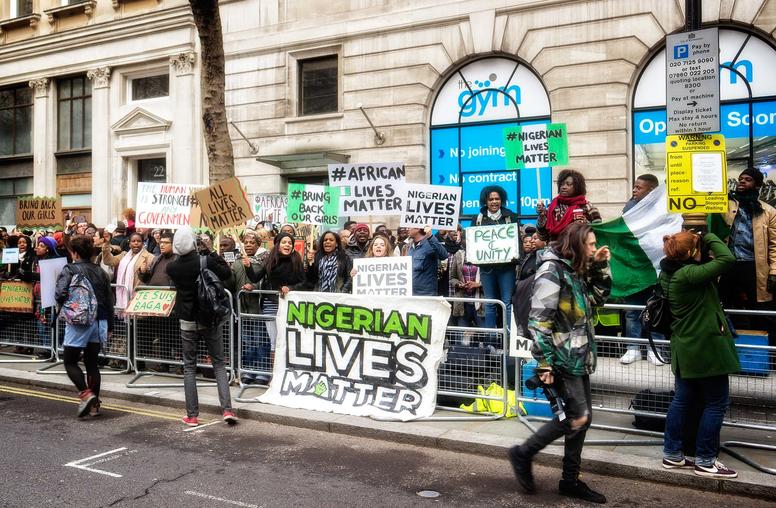
Nigeria Needs Justice, Not Payoffs, to Build Peace
When gunmen stormed a Nigerian government high school last week, kidnapping dozens of students for ransom, this fourth mass kidnapping in three months underscored that Nigeria’s response so far is not reducing the violence and insecurity spreading across the country’s north. That response has been largely ad hoc, a mix of federal military actions, state officials negotiating with the criminal gangs and, allegedly, the payment of ransoms. A more effective response will require better coordination among federal and state authorities, the inclusion of civil society in a broad strategy, and support from the international community.
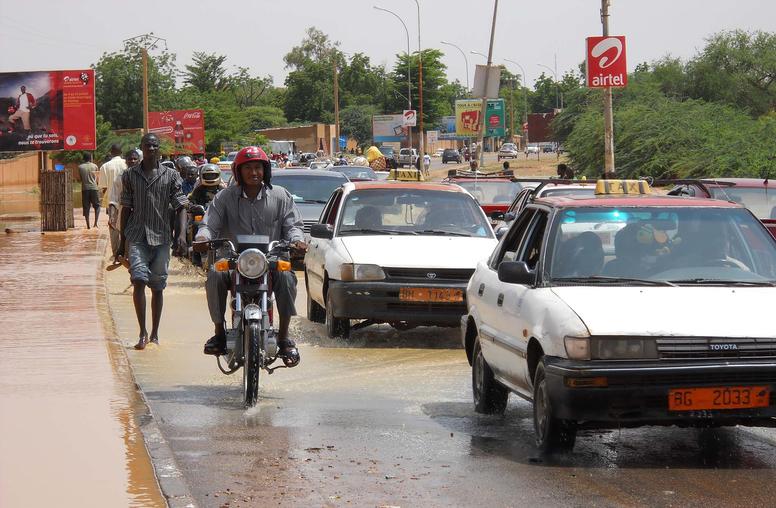
Despite Post-Election Violence, Niger Achieves Democratic Breakthrough
Niger’s presidential election has ushered in the West African nation’s first-ever democratic transition of power. As some international observers have heralded the success of these elections, accusations of irregularities have led to massive protests and government repression, including a 10-day internet shutdown. Hundreds of people have been arrested in the capital, Niamey, while police have clashed with protesters in several other cities. USIP’s Nourdine Harouna Abdou explains what happened in the first- and second-round votes and what the elections mean for peace and security in Niger.
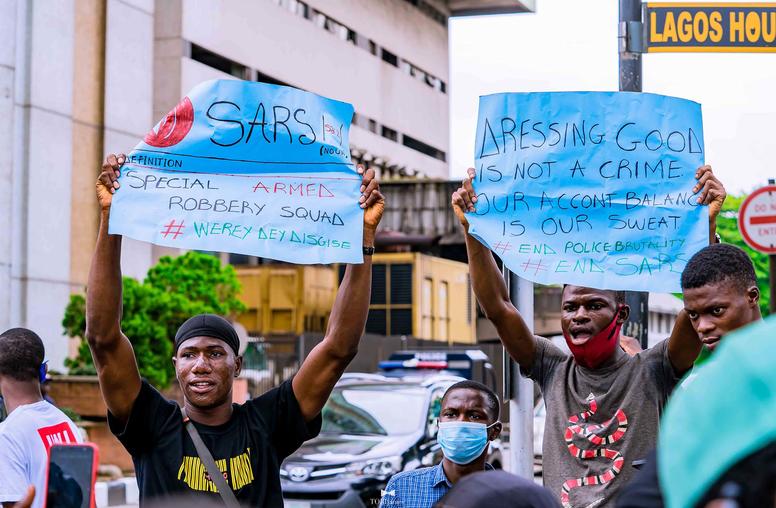
Months After Protests, Nigeria Needs Police Accountability
In Nigeria and more than a dozen nations—the United States, Brazil and Japan are others—public protests erupted in the past year against police brutality. Across the globe, police violence traumatizes the marginalized, spares the powerful and remains unaddressed until the abuse is illuminated to broad public view. While brutality is typically rooted among a minority of officers, it persists because weak systems of police accountability offer impunity, even to repeat offenders. In Nigeria, as in other countries, the solution will require building strong accountability mechanisms—both within police agencies and externally, in the communities they serve.
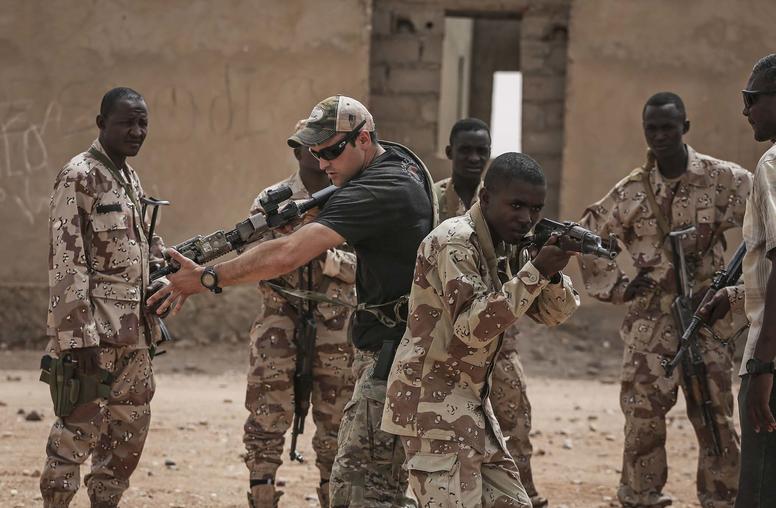
Global Fragility Act: A Chance to Reshape International Security Assistance?
When the new U.S. administration gets to work, domestic priorities will be front and center on the agenda. Preventing state fragility and violent extremism abroad may seem less urgent. But implementing the Global Fragility Act (GFA)—which aims to fulfill those goals—should remain a top priority. Successfully advancing the GFA would directly benefit U.S. national security and help establish a more values-driven foreign policy. To this end, the United States should work with allies to create a global architecture for security sector assistance built on principles of aid effectiveness adapted from development financing. A U.S.-brokered international consensus on security assistance would help stabilize fragile states, prevent violence, and increase the value of dollars spent on the GFA.
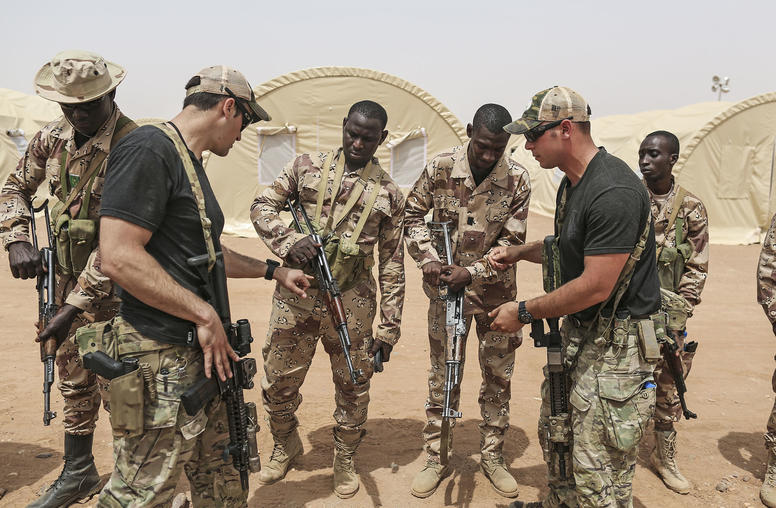
In Niger, Foreign Security Interests Undermine Stability—What Can Be Done?
Over the past decade, the United States, France, and the European Unionhave drastically increased security assistance to countries in the Sahel region. They have done so to address two perceived transnational threats—violent extremism and mass migration to Europe—but have often neglected Sahel countries’ own interests and long-term stability. Nowhere is this more apparent than in Niger, the world’s poorest country.
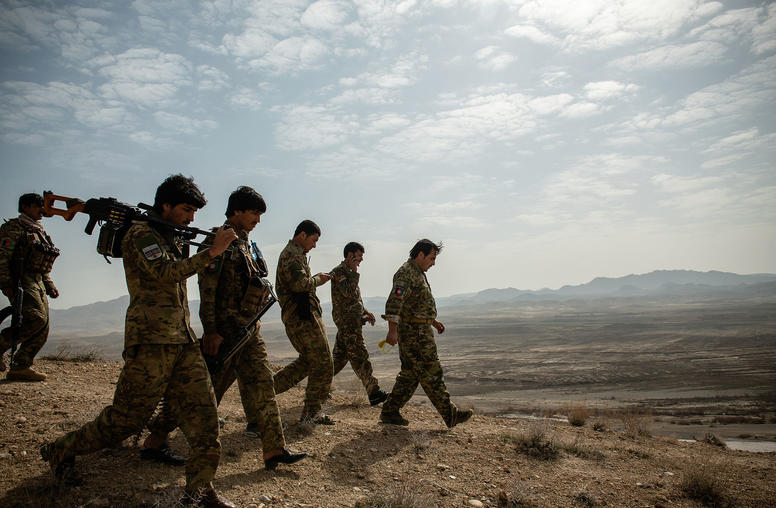
Four Lessons for Security Sector Reform in Afghanistan
As Afghan peace talks in Doha move forward, a vital component to the success of any peace deal will be how Afghanistan’s security sector can reform to sustain peace after more than 40 years of violence, and how the international community can best assist.
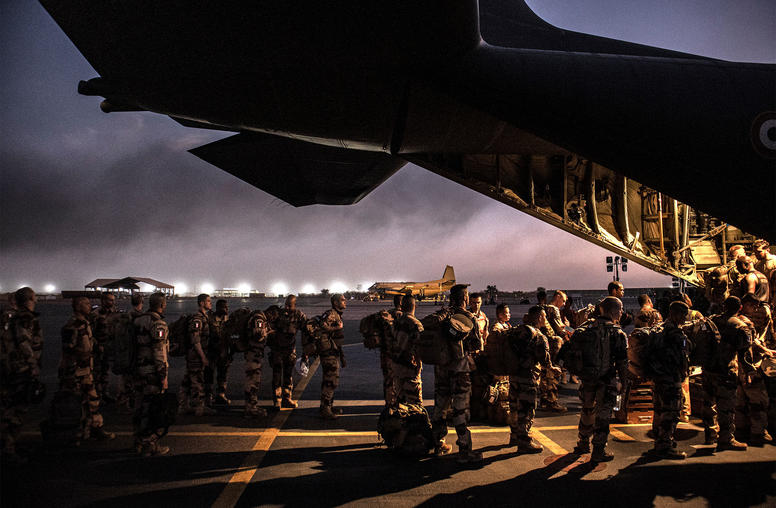
How International Security Support Contributed to Mali’s Coup
Since a 2012 coup, Mali has received significant security assistance from United States, France, the European Union and other foreign donors to address violent extremism and insurgency and help stabilize the country. In the wake of the August military coup, it is clear that strategy has backfired—and that, in fact, the failure of international security sector assistance to prioritize governance likely contributed to the conditions that led to the coup.
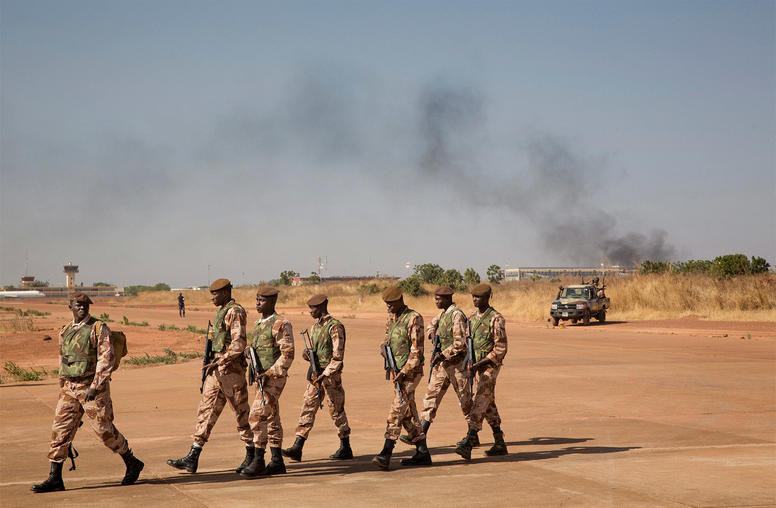
Five Things to Know About Mali’s Coup
On August 18, rising tensions to boiled over into a mutiny, leading to the resignation of President Ibrahim Boubacar Keita. This dramatic chain of events followed three months of protests, calling for Keita’s resignation. As the country grapples with an intractable insurgency and eight years of instability, anger over the government’s failure to resolve conflict, respect democratic norms, and provide basic services pushed citizens and the military to their boiling point. What comes next in Mali over the coming months could have significant implications for the country’s democracy and on the stability of the Sahel.
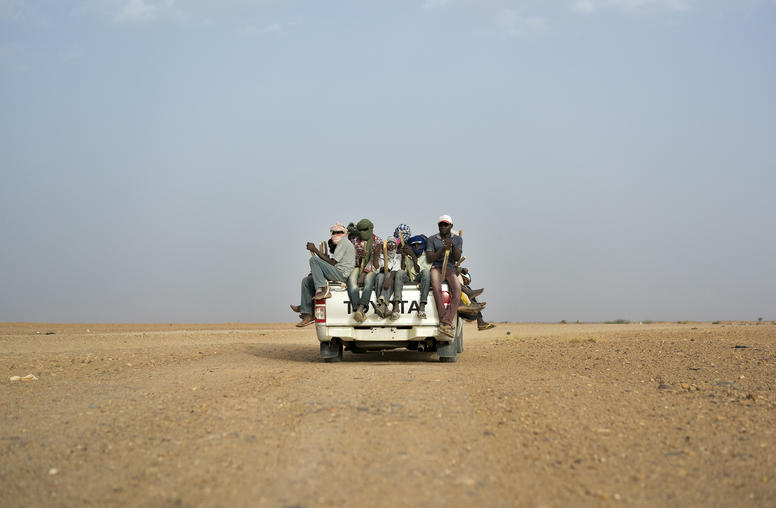
Illicit Drug Trafficking and Use in Libya: Highs and Lows
This report explores how illicit drug trafficking and drug use in Libya has shaped and been shaped by the country’s ongoing conflict. Drawing on hundreds of interviews and dedicated research, it examines Libya’s pre-2011 illicit economy, delves into the social impact of drugs, and focuses on drug use on the frontlines of Libya’s ongoing conflict, the corrosive impact of drug trafficking and use on the justice and security sector, and how trafficking and organized crime undercut peacebuilding and state consolidation.
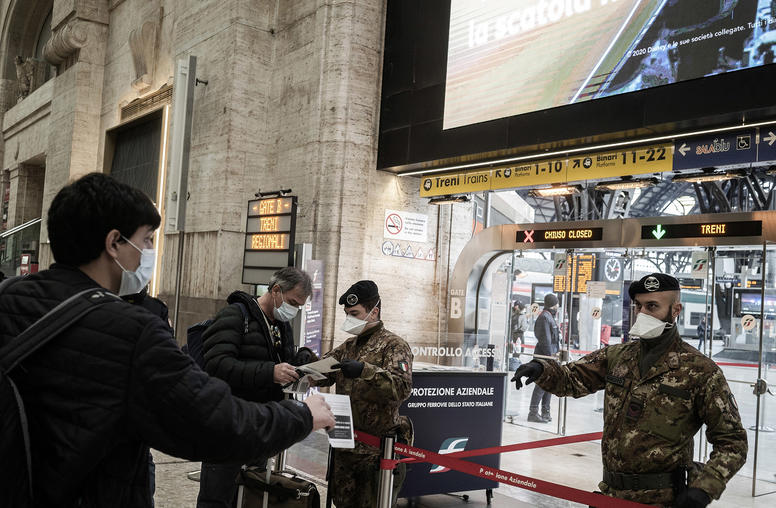
How to Put Human Security at the Center of the Response to Coronavirus
The coronavirus pandemic will have long-lasting repercussions for governance, justice, and security—among many other things. Many governments are working to contain the outbreak by adopting emergency measures and powers. Security sector actors—police, armed forces, border control authorities, penitentiaries, community security groups, and militias—are now playing a key role in limiting the virus’ spread.